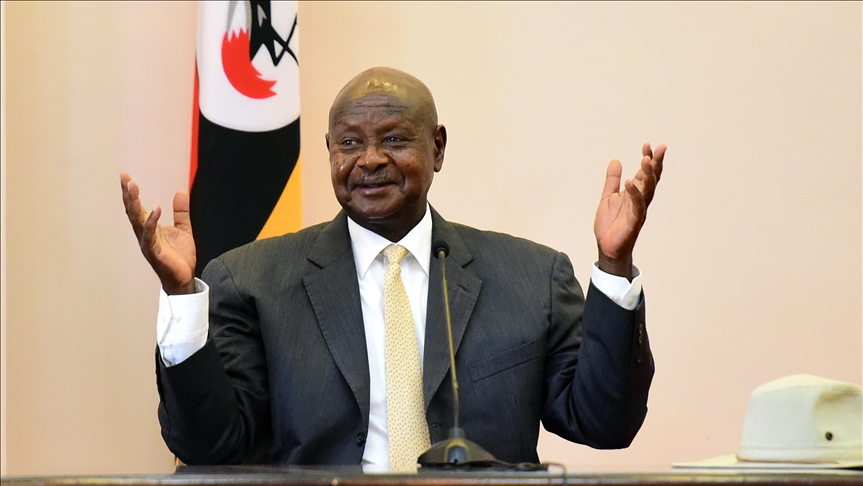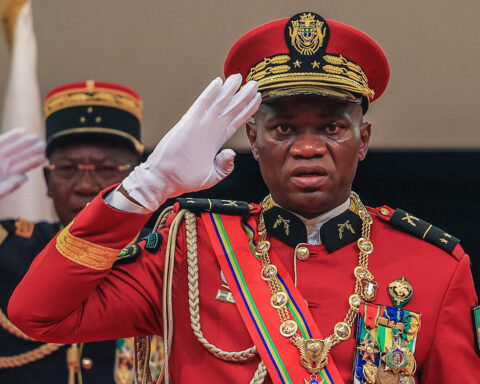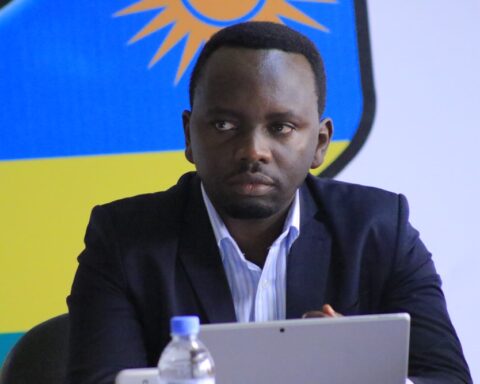Uganda’s President Yoweri Museveni recently initiated the update of his party’s (NRM) voters’ register, a move widely interpreted as a strong indication that he intends to seek a seventh term in 2026.
During the event, the president reaffirmed his party membership by renewing it and proceeded to sign the dummy register, symbolizing the commencement of the exercise.
Having led Uganda since 1986, Museveni’s actions suggest his readiness to pursue another term, following speculation on whether he would endorse his son, Gen Muhoozi Kainerugaba, as his successor.
Members of the party have openly voiced their support for President Museveni’s reelection bid, which, if successful, would further solidify his position as one of the world’s longest-serving presidents.
The prolonged stay of African leaders in power can be attributed to a variety of factors. These leaders often consolidate power through constitutional amendments, manipulation of electoral processes, suppression of opposition, and control over state resources. Additionally, the lack of strong institutions, weak opposition parties, and a culture of political patronage contribute to the longevity of their rule. This trend raises concerns about democratic governance, accountability, and the peaceful transfer of power in many African countries.
 At least 20 feared dead in Nigeria boat accident, officials say
At least 20 feared dead in Nigeria boat accident, officials say






I adore reading and I conceive this website got some truly useful stuff on it! .